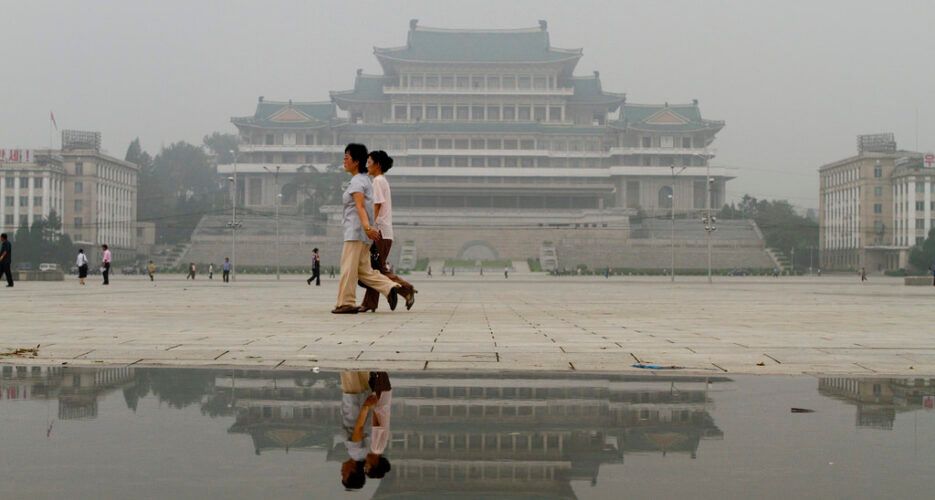 Image Source: NK News
Image Source: NK News
In an age where internet access shapes communication, commerce, and culture, North Korea stands alone as the planet’s most digitally disconnected society. Over 99% of North Koreans live utterly offline—no social media, no digital transactions, and virtually no unfiltered access to the wider world. This extreme isolation preserves old ways but also highlights the stark divide between modern digital life and traditional existence.
Key Highlights: North Korea’s Digital Isolation
North Korea maintains the most restricted internet environment globally, with more than 99 percent of its population lacking any internet access. Data estimates based on April 2025 analysis confirm the country’s almost universal digital blackout.
Foreign websites are blocked, and access is reserved for high-ranking government officials or select academics. The public is limited to the state-controlled intranet, Kwangmyong, featuring propaganda and state-approved information.
Social media platforms such as Facebook, WhatsApp, Instagram, and YouTube are completely inaccessible. Smartphones, when present, function as closed devices, only able to access national applications and approved content.
Living Life the Traditional Way: Culture, Commerce, and Customs
Daily life is organized around local markets, communal farming, and state-run employment—barter and cash transactions replace digital wallets or e-commerce.
News and entertainment come only through state radio and official newspapers; there is no streaming, gaming, or influencers.
Education follows time-tested methods, emphasizing socialist ideology and history, with limited technical training.
Communication relies on landlines, state postal services, and face-to-face interactions, echoing decades-old patterns seen prior to the global internet boom.
Why Is North Korea Still Offline?
Political strictures underpin the digital blackout, with the government strictly controlling what information citizens can access to prevent outside influence and maintain regime stability.
Infrastructure remains limited, with little investment in broadband or mobile networks for public use.
Economic hardship and international sanctions restrict trade, technological imports, and availability of digital devices needed for connectivity.
Social and Global Impact
This lack of digital access shapes a population with little exposure to global culture, commerce, or technology, creating a society fundamentally different from those experiencing digital transformation.
Citizens experience deep-rooted traditions—from farming and handicrafts to communal celebrations—preserving cultural practices that are rapidly disappearing in more connected regions.
The absence of internet means North Koreans are largely unaware of current global events, scientific advances, or new consumer trends, deepening the nation’s cultural insularity.
Comparing Worldwide Offline Numbers
Although countries like Burundi, Chad, Central African Republic, and South Sudan have high rates of digital exclusion (over 80%), North Korea remains unique for its nearly complete block on digital life.
In these other nations, economic factors and infrastructure gaps drive disconnection, but some digital access exists, especially in cities.
By contrast, North Korea’s isolation is political, calculated, and nearly total—making it a singular case in the global digital landscape.
Conclusion
In 2025, North Korea is the world’s last stronghold for old-fashioned living, untouched by the internet, social media, or digital commerce. More than 99% of its people lead lives reminiscent of the pre-digital era, attending markets, gathering for communal celebrations, and relying on human connection rather than a virtual one. While most nations are rapidly bridging the digital divide, North Korea remains a living example of tradition enduring in a hyper-connected age.
Sources: Digital Information World, Exploding Topics, Statista, Datareportal
Advertisement
Advertisement




